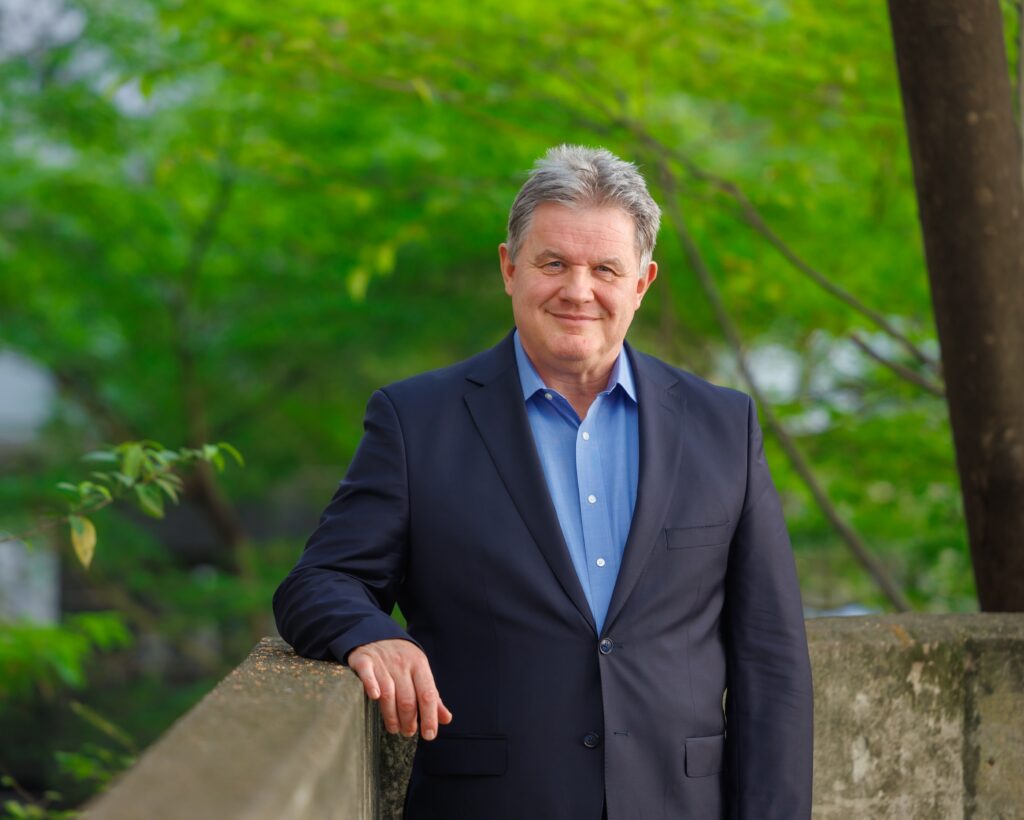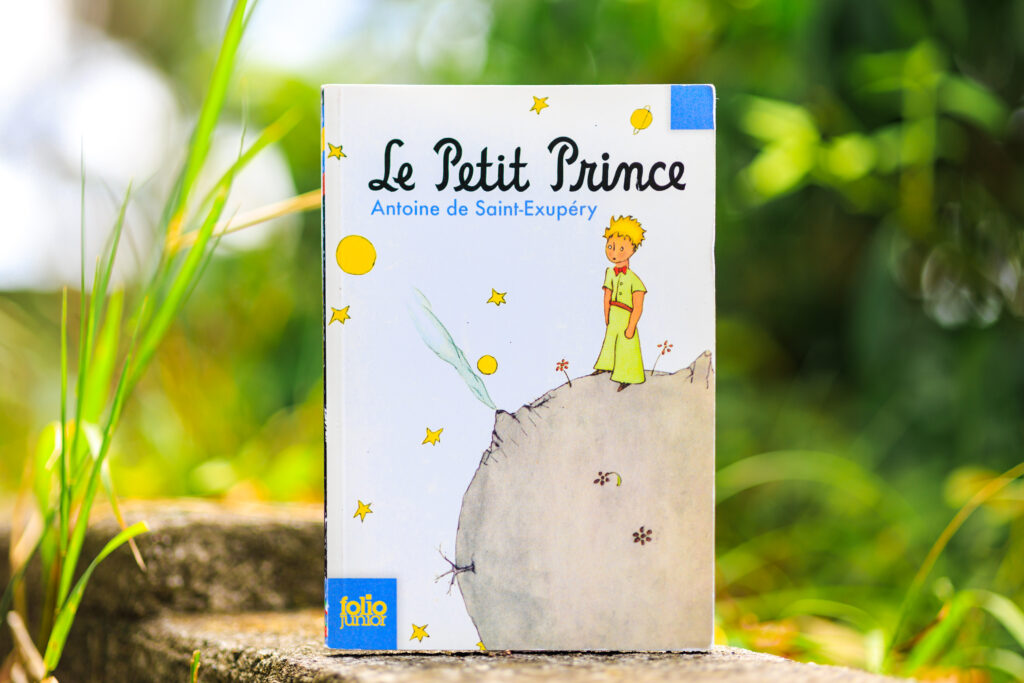
Professor Bruno Peyron of the Faculty of Humanities focuses on the study of rituals including their roles and significance in society, their artistic aspects, and emergence of new rituals in France. He says that rituals enhance people’s daily experiences and foster a sense of unity and harmony in our communities.
My primary research focus centers on rituals: specifically, their role in society and how to develop new rituals. This interest grew out of my dissertation work on Hervé Guibert’s autobiography, a French writer and a journalist who died of AIDS in 1991. His story struck a profound chord with me as we grew up at roughly the same time. I became captivated by his approach to writing, which incorporated rituals. He adhered to a set of rituals as part of his daily routine preceding his writing sessions. Observing Guibert’s ritualistic approach illuminated the significance of rites in a writer’s life. This revelation sparked my curiosity in the realm of writing rituals, eventually leading to my intrigue in rituals within the political sphere.
Japanese society is replete with rituals such as school year commencements, graduations, and company inductions. In contrast, French society has relatively few rituals, which can be explained by historical events. The 18th-century French revolutions, emphasizing equality and rejecting old regime symbols, led to a ban on traditions, including rituals. The crisis of May 1968, intense protests and social upheaval by students and laborers against the establishment further dismantled rituals in France.
Rituals enhance people’s daily lives with a deeper sense of purpose
Rituals hold both symbolic and essential roles, infusing significance in our actions. They add a deeper sense of purpose to our daily experiences, giving us opportunities to engage with our senses, gestures, and bodies. For instance, in our regular lives, we might not often experience the feeling of courage. Rituals can provide a platform to experience courage through events like ceremonies, allowing us to step into that emotion.
Similarly, rituals can embody values such as justice, love, fairness, and respect. These values often reside within us, yet we might not always recognize them or find the occasions to express them. Rituals transform these values from abstract notions into tangible virtues and provide a similar experience to being on a stage, offering people a space to not only showcase their values but also to internalize and externalize their beliefs.
A subtle shift has been taking place in France as rituals begin to re-emerge, often without people recognizing them. For example, same-sex couples are crafting their own wedding customs. Similarly, adherents of naturalism intrigued by what is called “humusation,” natural and controlled decomposition of the human body after death, are creating new rituals in lieu of conventional funerals.
The 2018 Yellow Vests Protests in France, characterized by demonstrators wearing yellow safety vests to obstruct traffic circles, also gave rise to new rituals within the country. The protesters adopted the highly visible yellow vests as their symbolic attire because such vests were required to be carried in vehicles in France.
These yellow vests took on the role of uniforms which are often entwined with rituals. The demonstrators strategically selected traffic circles for their protests, which represents multiple layers of symbolism. Situated at the heart of towns, traffic circles hold communal significance. Unlike traffic lights, where signals dictate people’s movement, traffic circles empower individuals to determine their own passage, serving as a representation of people asserting their autonomy over governmental control.
Democracy, art, and education – the keys to introducing rituals
There are a few important elements in the creation of rituals. One fundamental aspect to consider is that political rituals should be confined to democratic societies. When employed within autocratic regimes, these rituals have the potential to cultivate extreme behavior and be manipulated for purposes of indoctrination. History serves as evidence of this, as Hitler extensively employed rituals to express his views.
Another significant element pertains to the artistic presentation of rituals. As rituals offer moments for expression, all the elements of the arts spanning literature, music, dance, photography, and more, should be incorporated in creating rituals, which can enable participants to fully engage their senses.
Equally crucial is the timing of introducing rituals, which should be started early in education systems, ideally around the age of three. Participation in rituals should not be mandatory or graded.
In France, there is a lack of appreciation for rituals and a limited comprehension of their significance. French education emphasizes nurturing strong opinions and fostering individuality. However, this has contributed to the creation of a society rife with conflicting views, posing challenges for effective governance. The introductions of rituals could potentially mitigate these conflicts by fostering an enhanced sense of community. I hope that my study of rituality will illuminate people’s everyday experience in a universal way.
The book I recommend
“Le Petit Prince”
by Antoine de Saint-Exupéry, Gallimard

The book’s appeal is universal, loved by people across different cultures, making it the world’s second most translated book after the Bible. The book offers readers the freedom to interpret its content as they please, attracting individuals of all ages. Adult readers are reminded of their imaginative days as children and reflect on who they have become through deep and comprehensive insights from the book.
-
Bruno Peyron
- Professor
Department of French Literature
Faculty of Humanities
- Professor
-
Bruno Peyron earned a Ph.D. in Romance Languages from the University of Oregon in 1995 and a doctorate in Letters and Arts from Lumière University Lyon 2 in 2002. He joined Sophia University in 1997.
- Department of French Literature
Interviewed: July 2023